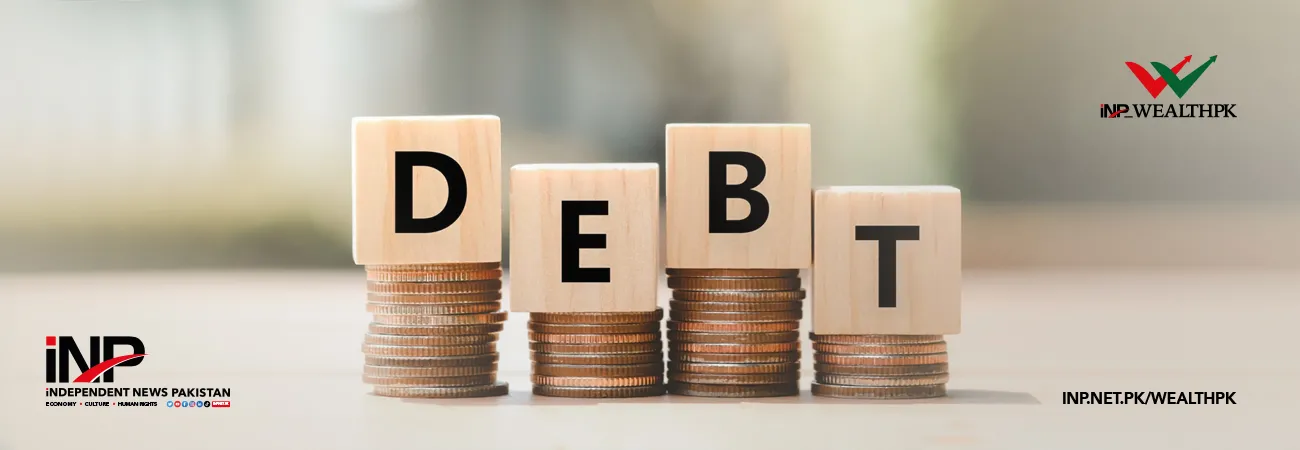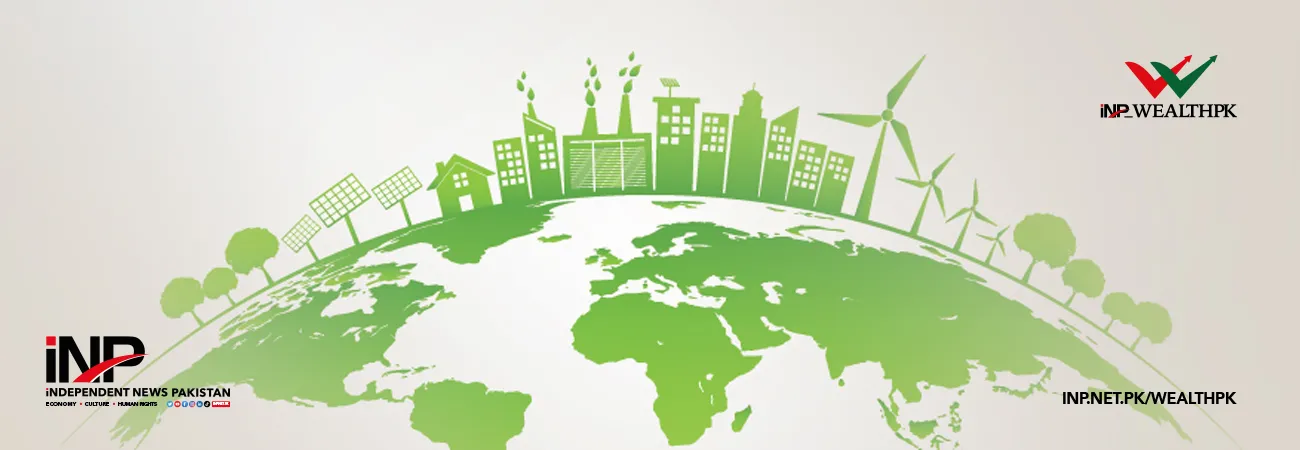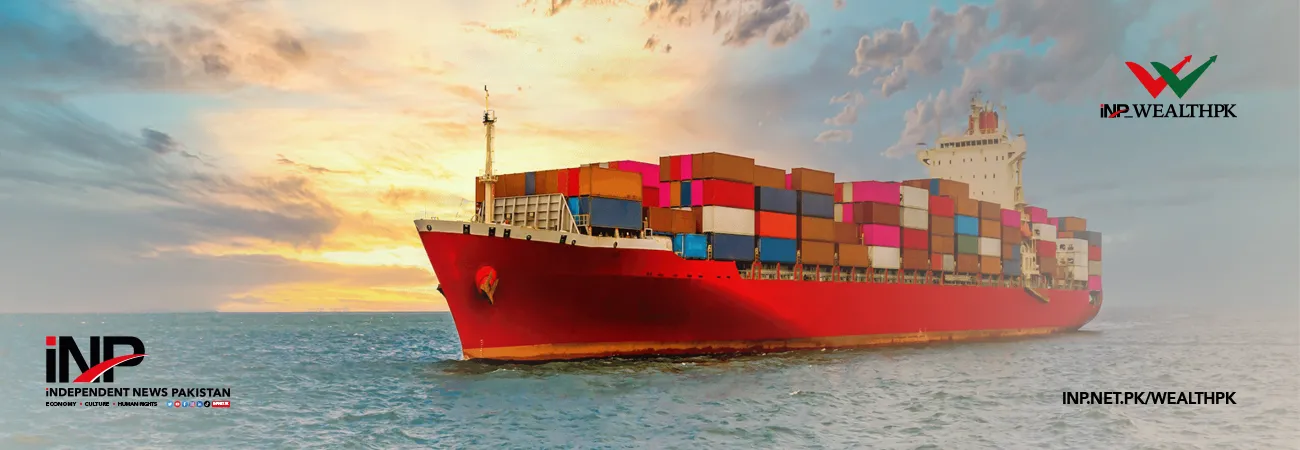INP-WealthPk
Ayesha Saba
Promoting a culture of savings and cutting reliance on foreign sources and loans is essential for fostering sustained economic growth in Pakistan. A multi-pronged strategy is required to address the complex economic challenges being faced by Pakistan, Dr. Javed Iqbal, Associate Professor at the School of Economics Quaid-e-Azam University, told WealthPK. “Pakistan is a consumption-driven economy and masked the structural issue of low savings rate. The main reason for the slow growth cycles is that these are propelled by private and government consumption, not by higher investment,” he said. “The high level of private consumption in Pakistan, where 75% of the household income is utilized for this purpose, can indeed have significant implications for the country's economic growth. When a substantial portion of household income is directed towards consumption, it leaves less money available for savings and investment, which are crucial drivers of economic growth and development,” he said.
Pakistanis spend the highest proportion of their income on household fuels (such as electricity and water). Therefore, it is difficult for them to save. Currently, Pakistan’s middle class has been hit hard by unemployment and inflation. The alarming situation is high inflation which erodes the purchasing power. As a result, people's real income, which is their income adjusted for inflation, also declines and individuals find it difficult to save money, as they have less disposable income available for savings after meeting their basic expenses.
He urged the government to improve the saving-to-GDP rate and address the economic issues that are preventing the people from saving money. The government should implement policies to control inflation, increase access to financial services and create more investment opportunities. Speaking to WealthPK, former chairman Board of Investment (BOI) Azfar Ahsan said, “Low investment is one of the core reasons for Pakistan’s negative growth in exports over a number of years, as high consumption and low savings lead to lower investment.
“Pakistan remains trapped in a low-saving and low-investment situation restricting its economic potential. Domestic savings can serve as a buffer against external shocks and uncertainties in the global economy. In times of economic crisis or external shocks, countries with higher levels of domestic savings and investments are better equipped to manage and mitigate the impacts of such shocks,” he said. “The government and monetary authorities should implement measures to control inflation and stabilize prices. These measures may include prudent fiscal policies, effective monetary policies, and targeted price control mechanisms,” he suggested. The gross savings (% of GDP) in Pakistan were reported at 10.5% in 2022, according to the World Bank collection of development indicators, compiled from officially recognized sources.
Credit: INP-WealthPk








